Hemophilia is a genetic disorder. This condition is very rare male problem and it is always inherited. Hemophilia is caused by a flaw in a pair of chromosomes in the body, which consequently determines the clotting factors of the person’s blood. Because of this genetic problem, patients have difficulties with blood clotting and they cannot stop bleeding after some injuries or even minor cuts.
There are two types of this disease, named hemophilia A and hemophilia B. Type A of the disease is found to exist in 1 out of every 5.000 male babies and the main cause of this condition is lack of active clotting factor 8 (VIII). Hemophilia B, on the other hand, is also known as Christmas disease and is caused by lack of active clotting factor 9 (IX), which happens once in every 30.000 male newborns.
Depending on the severity of disease, doctors differentiate mild, moderate and severe hemophilia. When the body produces at least 5% of clotting factor, patients suffer from mild hemophilia. Unless there is some injury or surgery, these patients may not even know they are suffering from this disease. If clotting factor level is about 1 to 5% of the normal amount, a person is said to suffer from moderate hemophilia and he or she bleeds after some sprains, strains or falls. Severe hemophilia makes patients bleed at last once every week with no apparent reason, because their clotting factors level is under 1%.
Hemophilia Symptoms
Patients suffering from hemophilia are usually diagnosed as babies or small children, but in some mild cases, the condition may remain undiagnosed until some major trauma. Babies with hemophilia may experience deep bruises after vitamin K injections because of the bleeding into muscle. Sometimes, babies with hemophilia may bleed a lot after the cut of the umbilical cord. Circumcised babies may also bleed for a long time after this procedure.
There are some other symptoms, also associated with hemophilia, including bleeding, swelling and pain in joints and muscles, abnormal bleeding after surgeries or even after some injuries. These baby boys usually get bruised very easily and they might bleed after some dental work, too. They may also experience frequent nosebleeds and blood in urine in some cases.
Treatment and Prevention
Hemophilia treatment includes clotting factors replacement therapy when needed or regularly, depending on the severity of the disease.
This medical condition cannot be prevented, since it is something a baby inherits from the parents. Female members of the family are only possible carriers of the disease and only men can get the disease. If you have someone in the family with the history of hemophilia, consult a medical professional and get tested for inherited diseases.
Hemophilia patients are advised to maintain healthy body weight and exercise safely, to prevent bleeding episodes.




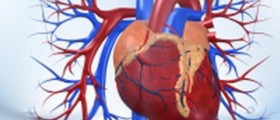


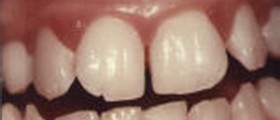

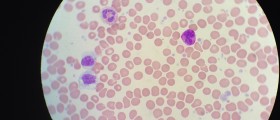

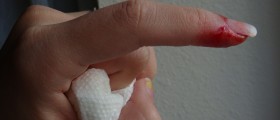




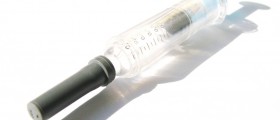
Your thoughts on this
Loading...